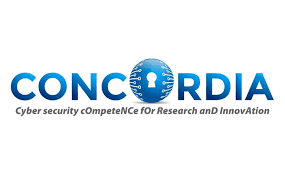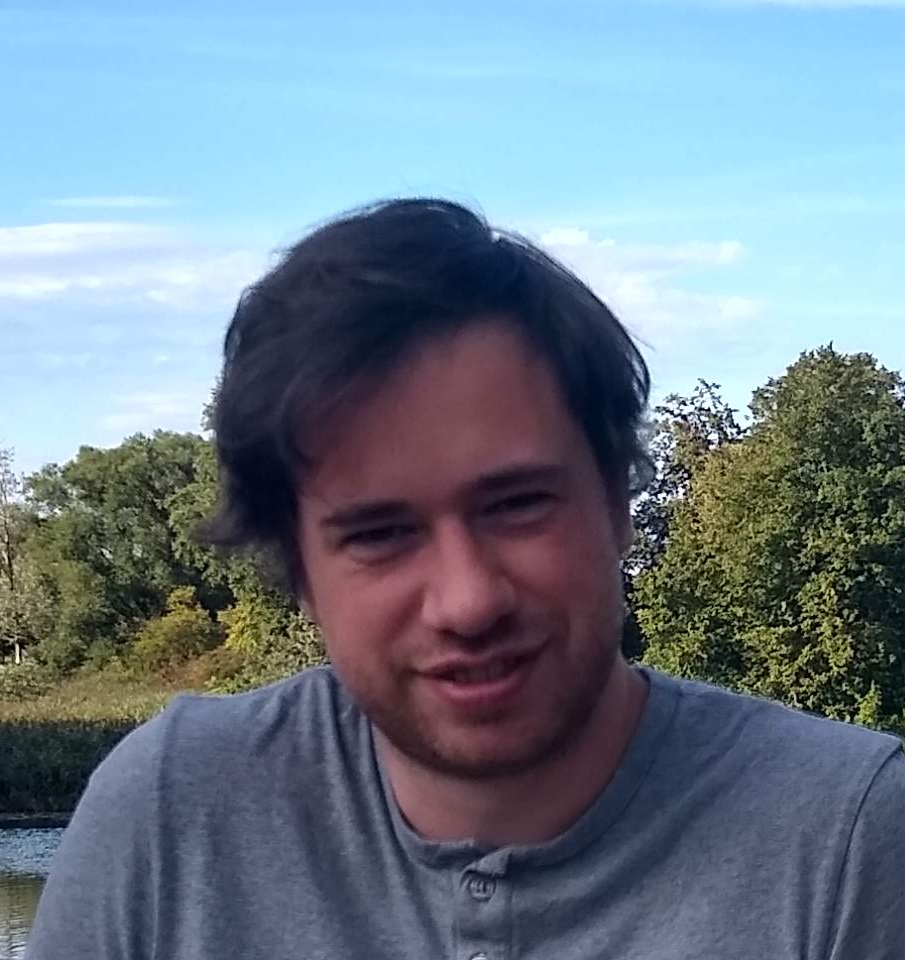|
5th International Workshop on Traffic Measurements for Cybersecurity
(WTMC 2020) co-located with 5th IEEE European Symposium on Security and Privacy
|
|
Virtual Workshop September 7, 2020
Important news
UPDATE REGARDING THE CORONAVIRUS: IEEE EuroS&P WTMC 2020 WILL BE HELD AS A VIRTUAL WORKSHOP.
Overview
Current communication networks are increasingly becoming pervasive, complex, and ever-evolving due to factors like enormous growth in the number of network users, continuous appearance of network applications, increasing amount of data transferred, and diversity of user behaviors. Understanding and measuring traffic in such networks is a difficult yet vital task for network management but recently also for cybersecurity purposes.
Network traffic measuring and monitoring can, for example, enable the analysis of the spreading of malicious software and its capabilities or can help to understand the nature of various network threats including those that exploit users’ behavior and other user’s sensitive information. On the other hand network traffic investigation can also help to assess the effectiveness of the existing countermeasures or contribute to building new, better ones. Recently, traffic measurements have been utilized in the area of economics of cybersecurity e.g. to assess ISP “badness” or to estimate the revenue of cybercriminals.
The workshop will be accessible to both non-experts interested in learning about this area and experts interested in hearing about new research and approaches. Topics of interest include but are not limited to:
SUBMISSIONS
Papers will be accepted based on peer review (3-4 per paper) and should contain original, high-quality work. All papers must be written in English.
IMPORTANT DATES
May 11, 2020 (AoE, UTC -12, firm deadline): Paper Submission
WORKSHOP REGISTRATION
The workshop registration is now open. Please follow the instructions on the IEEE EuroS&P conference page here.
REGISTRATION WAIVERS
WTMC will offer several workshop registration waivers supported by the Grenoble Alpes Cybersecurity Institute (https://cybersecurity.univ-grenoble-alpes.fr/) to the students who will be presenting their work at the workshop as well as WTMC attendees. To obtain a registration waiver, please send an email to wtmc2020@easychair.org by September 3 (AoE). Your application must include your correct e-mail address and a short personal statement (1 or 2 paragraphs) that includes information that the applicant feels is relevant to support their case, i.e. why the workshop attendance is important to the applicant's development.
VENUE
The 5th WTMC workshop will be held as a virtual workshop. More details are to be provided soon.
PROGRAM
KEYNOTE
Interference with users’ online activities is on the rise, through behaviors that range from censorship and surveillance to content injection, traffic throttling, and violations of net neutrality. Reliably investigating interference requires new frameworks for measuring and interpreting network behavior. Understanding these complex phenomena requires longitudinal studies, observation from multiple vantage points, the ability to reverse engineer network traffic, and even application-specific techniques. In this talk, I will describe my efforts to design and build scalable, statistically robust measurement systems that use novel side channels to remotely infer network- and application-layer content filtering at global (Internet-wide) scale. My lab has deployed these systems in Censored Planet, a service that continuously monitors global Internet censorship and publishes semiweekly datasets about the availability of thousands of sensitive websites across more than 180 countries. Short BioTom is a researcher at the DistriNet group at the University of Leuven, where he works on understanding various technical and operational aspects of the Web and its many different ecosystems. By analyzing complex systems for vulnerabilities and their susceptibility to side-channel attacks, Tom and his fellow group members aim to increase insights in novel security issues. Furthermore, through large-scale analyses we try to better estimate the impact and prevalence of widespread security and privacy issues.
ORGANIZING COMMITTEE
Maciej Korczyński, Grenoble Alps University, France Wojciech Mazurczyk, Warsaw University of Technology, Poland Pedro Casas, AIT, Austria
STEERING COMMITTEE
Christian Rossow, Saarland University, GermanyRoya Ensafi, University of Michigan, USA Kensuke Fukuda, National Institute of Informatics, Japan Aiko Pras, University of Twente, Netherlands
PROGRAM COMMITTEE
SPONSORS
 
SUPPORTERS
We are grateful to our supporters who will help us make WTMC'20 a great event.  
PREVIOUS WORKSHOPS
WTMC 2019 at IEEE S&P, San Francisco, California, USAWTMC 2018 at ACM SIGCOMM Budapest, Hungary WTMC 2017 at IEEE S&P, San Jose, California, USA WTMC 2016 at ACM ASIACCS, Xi'an, China
CONTACTS
Contact WTMC 2020 chairs using this email address: wtmc2020@easychair.org. |

